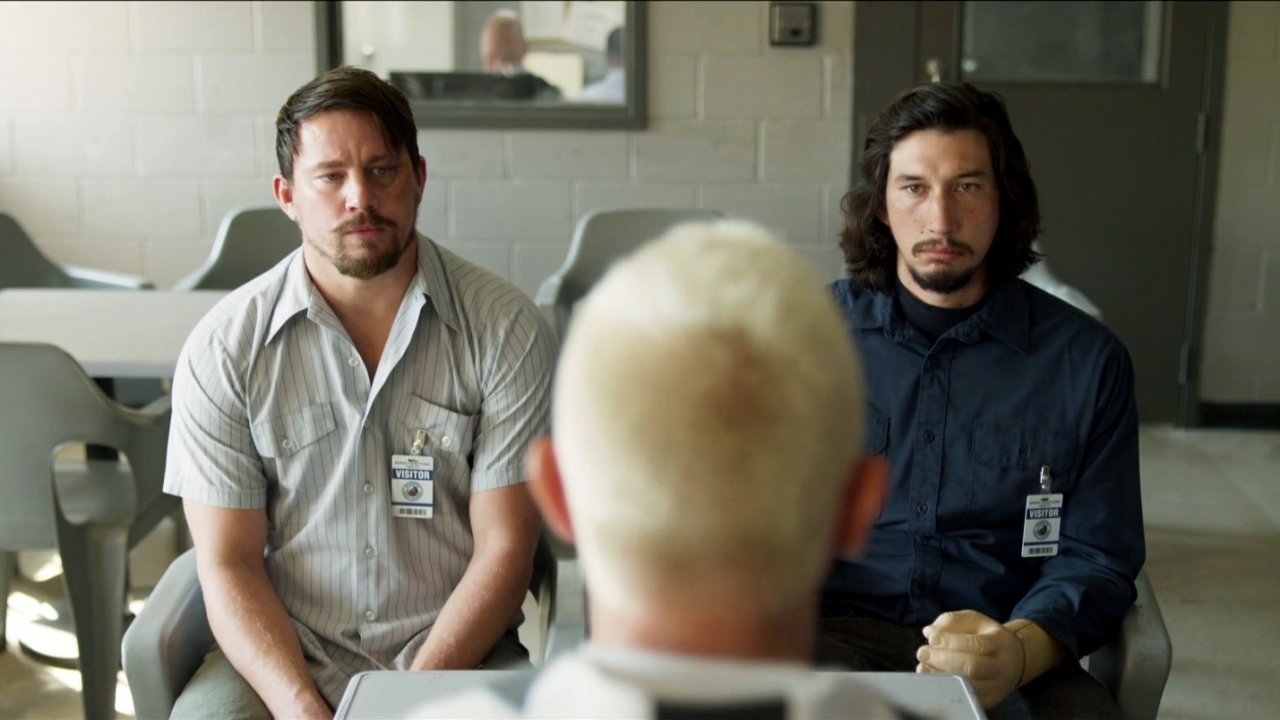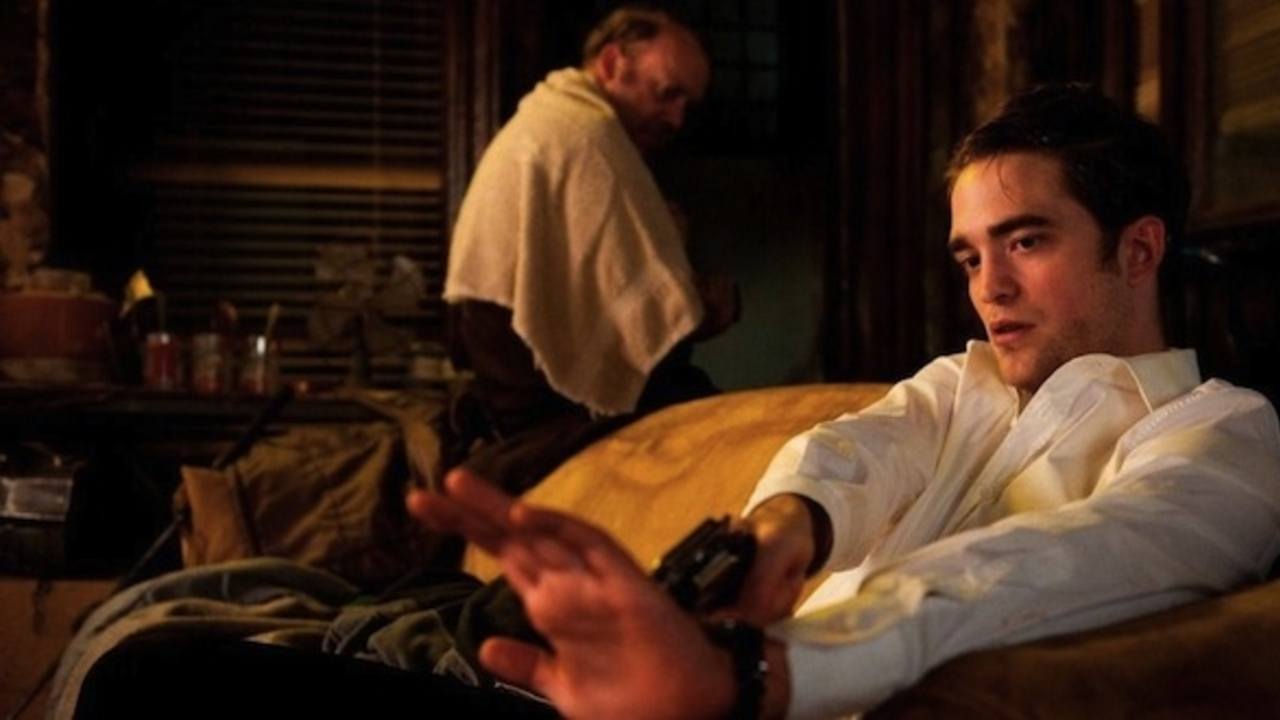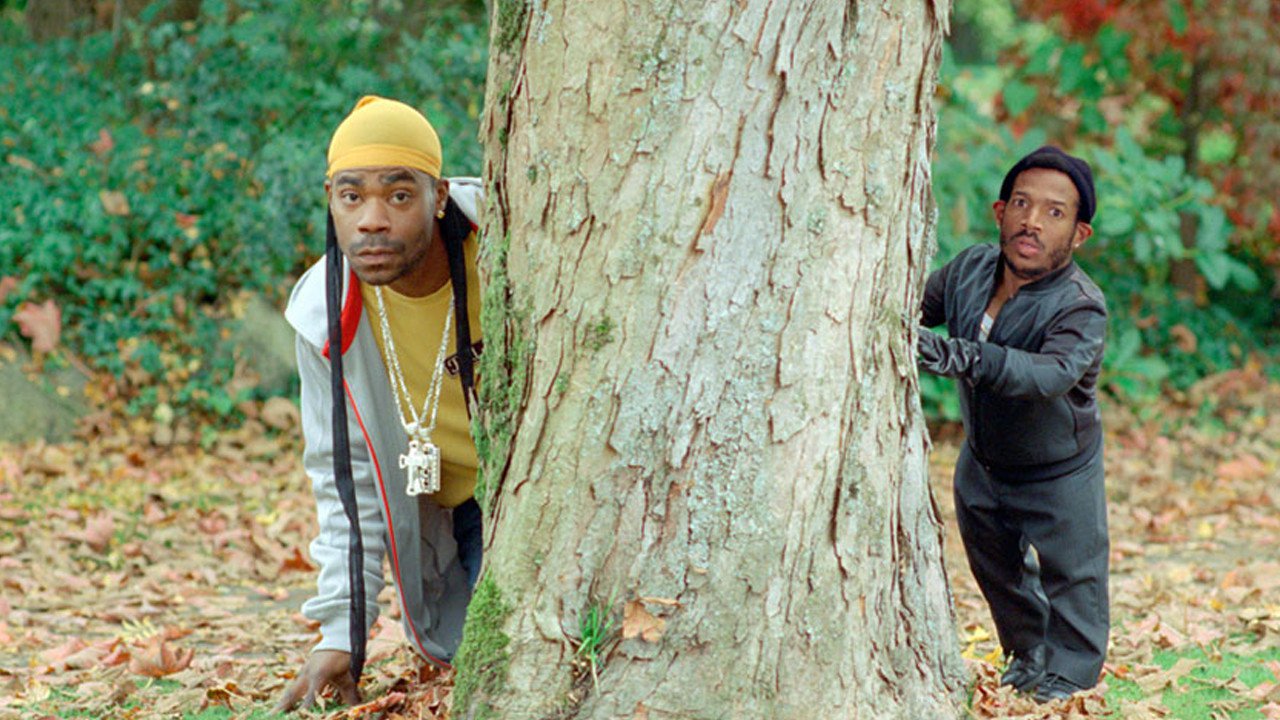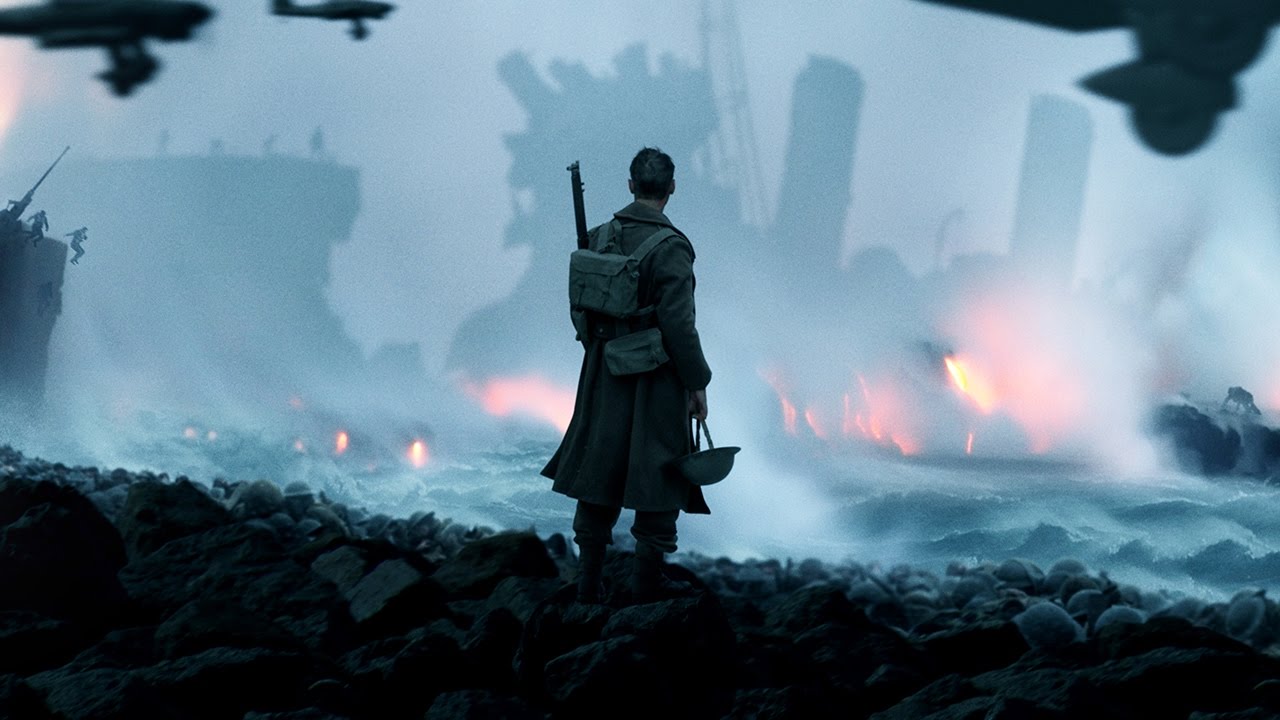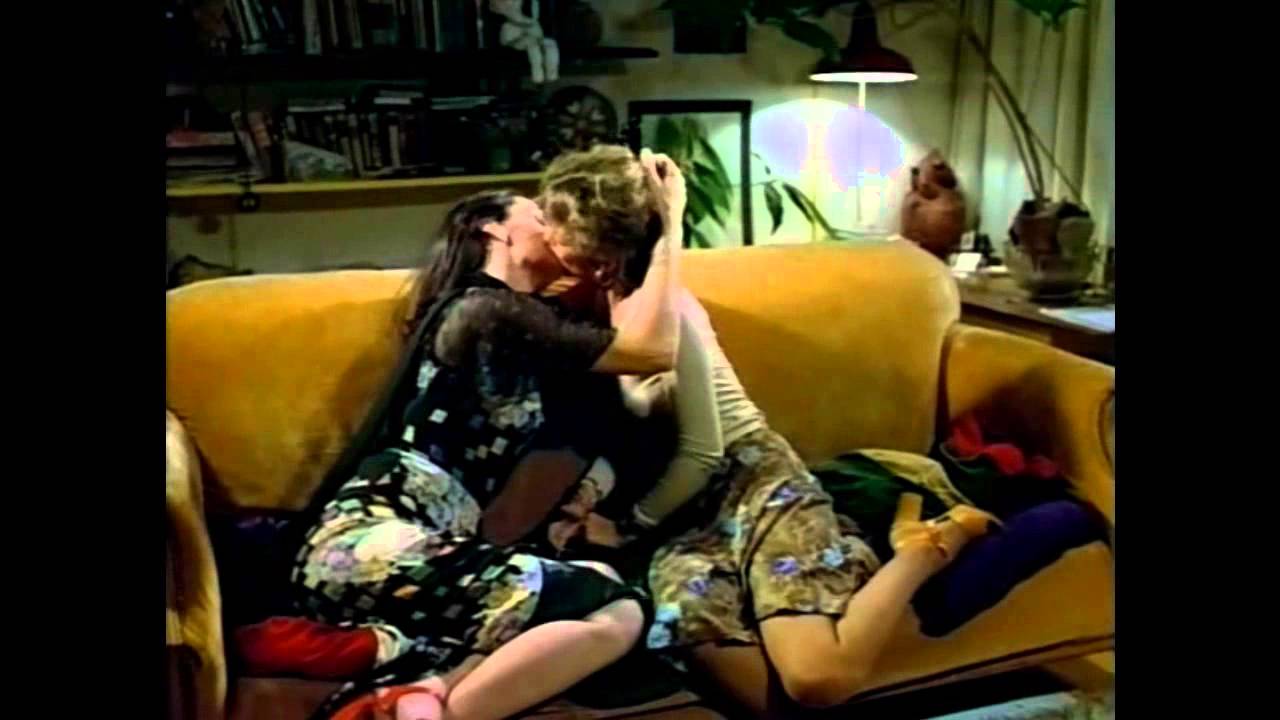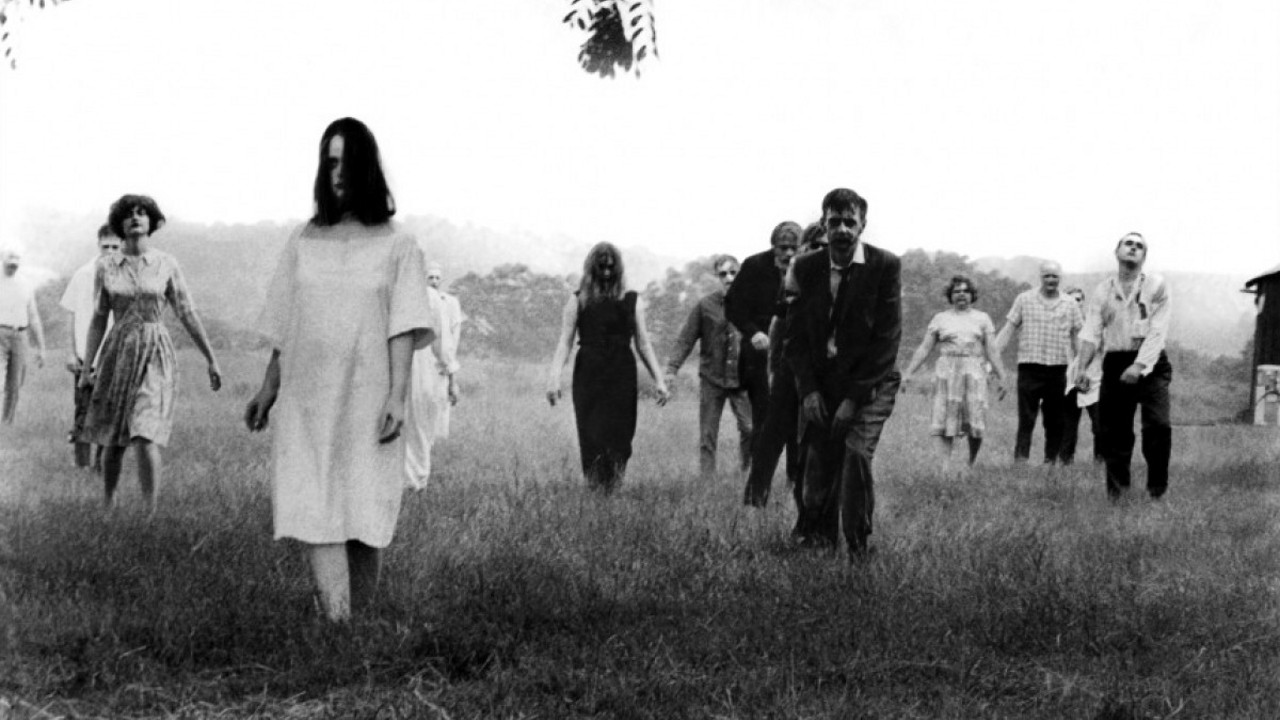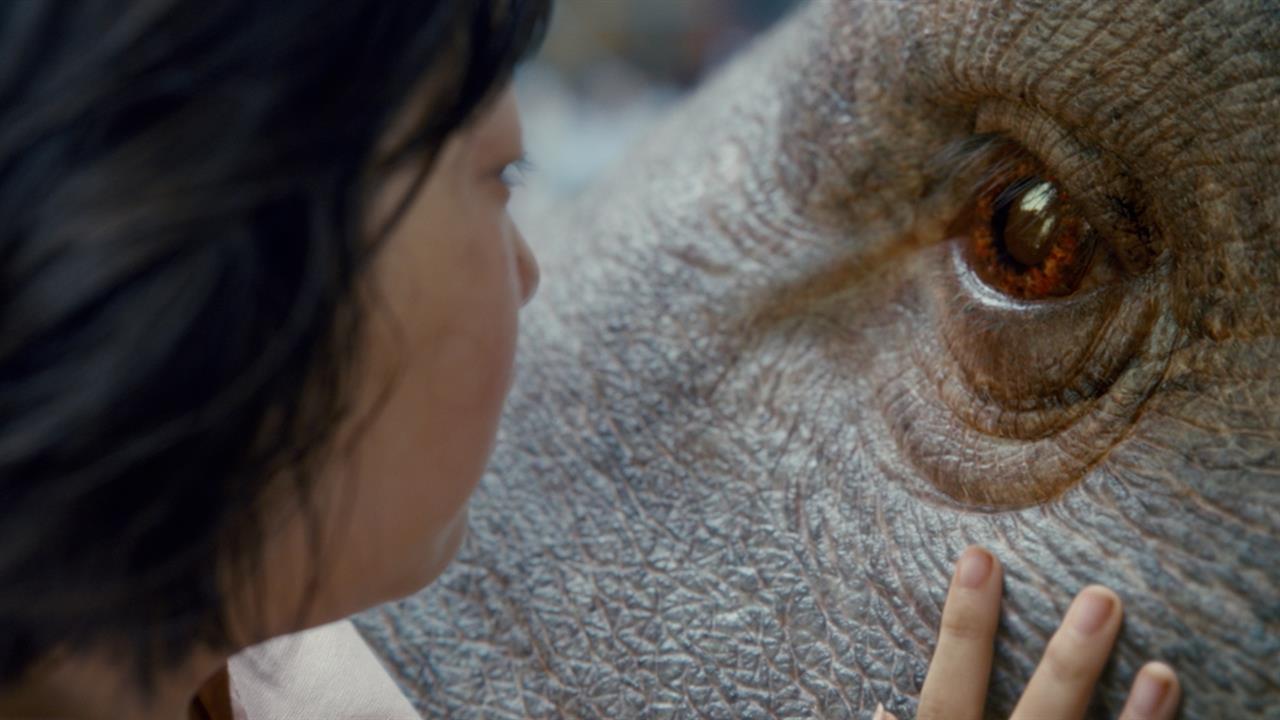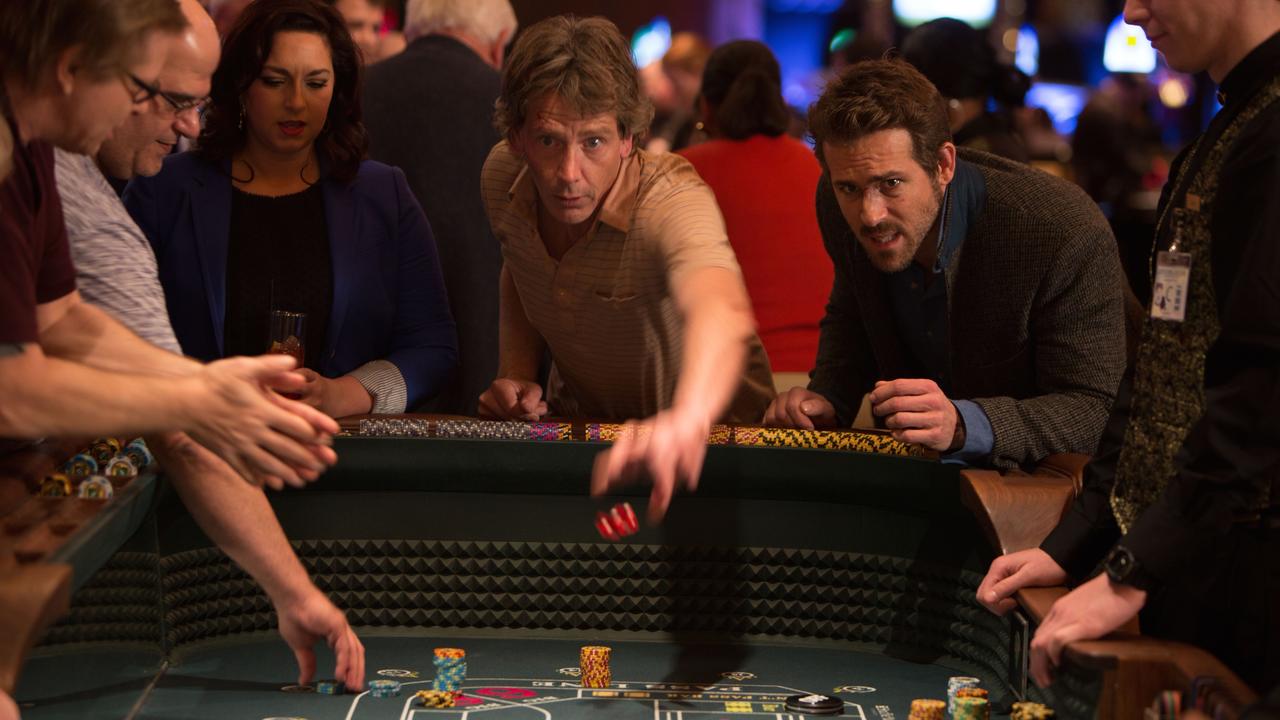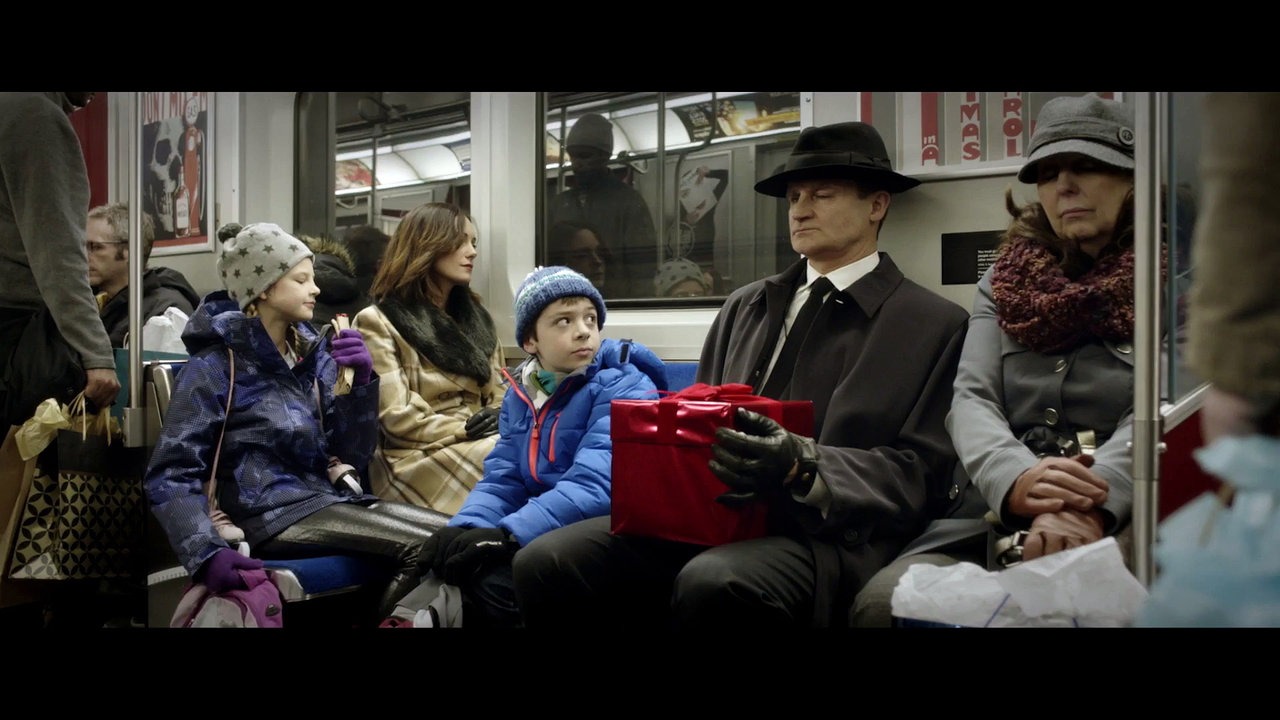Much has been made of the unconventional, even “game-changing” financing model that Steven Soderbergh employed to get his new Logan Lucky out to the world. And much more will be written about whether or not it “worked,” whether its success revolutionized the film industry — saving the mid-budget movie by wresting profits and control from the suits and placing them back in the hands of the creators — or if its failure spells doom for the model.
Other
“All this optimism, all this booming and soaring… Things happen like (snap) bang, this and that, simultaneous. I put out my hand, and what do I feel?” Jay Baruchel delivers these lines at the beginning of Cosmopolis, and it prepares the viewer for what will follow.
Ah, the week of August 6th through 12th, the glory days of film-streaming in our new economy that is working out terrifically. What have you got for me, corporate overlords?
Netflix is very proud, I assume, to announce its quadruple punch of Black Site Delta, Diary of an Exorcist – Zero, Naked, and White Gold, which sounds like a terrible, kind of sticky evening at a Manhattan cinemateque circa 1977.
Christopher Nolan is known, celebrated, and critiqued for two things: rigid attention to the clockwork nature of his spectacles, and a particular coldness to character. In Dunkirk, he splits the difference.
From Memento on, Nolan’s films seem much more enamored of mindfuck narrative structures than the people who populate them.
For tonight’s matinee, we showcase three films exploiting what might be called Architectural Horror, which is a term I just made up right now and immediately decided to copyright so please don’t use it or I will have to talk to the lawyers.
If memory serves, I was about 6 or 7 when I first saw George Romero’s The Night of the Living Dead. It’s one of those film-viewing experiences that left an indelible imprint: I distinctly remember that feeling of sympathetic helplessness, the emerging sense that this was not going to end well, along with the viscera and brutality, the total bleakness of the film’s climax.
Although their SNL shorts and music videos are generally cherished by comedy and/or cannabis enthusiasts, the Lonely Island boys haven’t had the best of luck on the big screen. Hot Rod raced through both theaters and the public consciousness, raking in all of $14M at the box office; a few years later, the Jorma Taccone-helmed MacGruber failed to recoup its budget, outpaced, as Matt Singer once pointed out, by Furry Vengeance, “starring Brendan Fraser as a real-estate developer at war with a raccoon.”
As 2013’s Snowpiercer demonstrated in no uncertain terms, Bong Joon-ho will never be accused of excessive subtlety. Okja, his latest, doubles down on this, revealing a director entranced by over-the-top characterizations (I’m looking at you, Jake Gyllenhahl) and over-stuffed narratives.
The desperate masculinities and gambling families of Mississippi Grind and California Split
For all of our cultural emphasis on the lonely, solitary gambler, awaiting one big score or trying to dig himself (it’s always a him) out of a hole of his own making, it’s also true that gambling can create families of sorts by definition.

